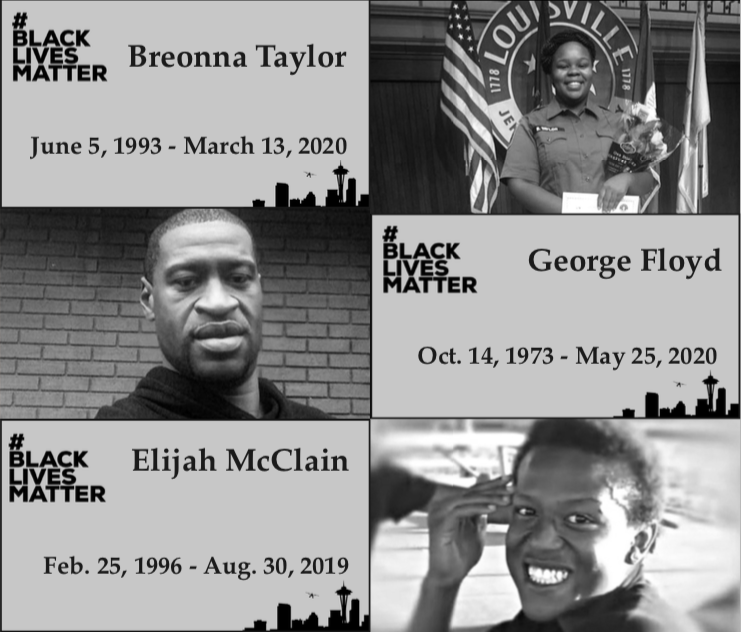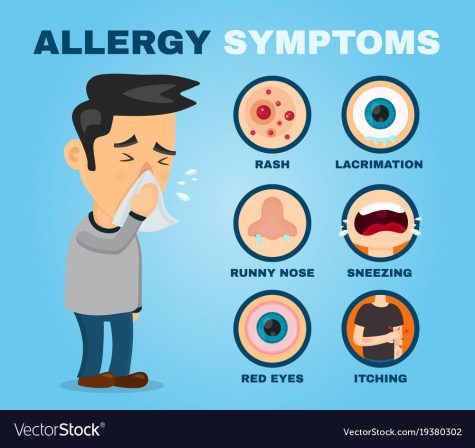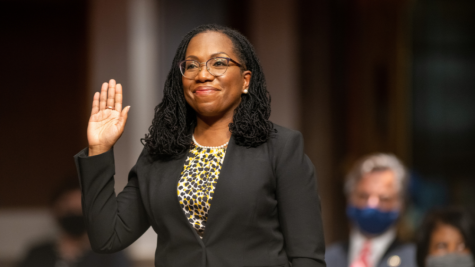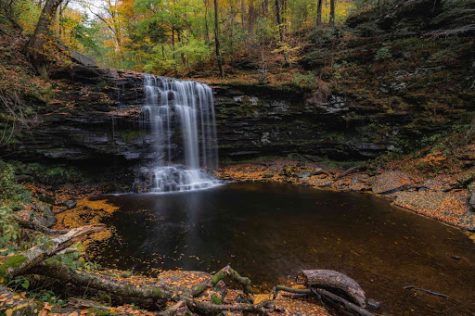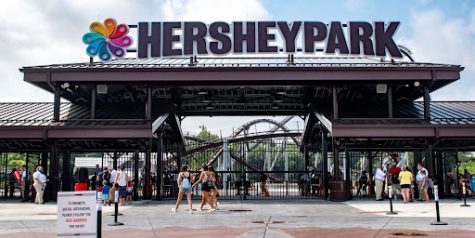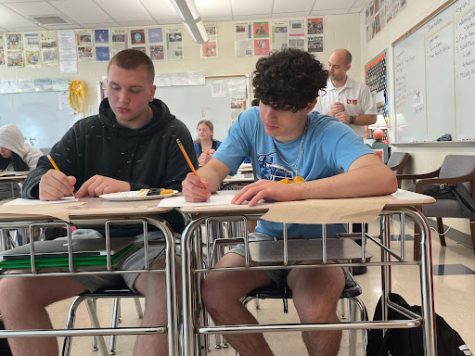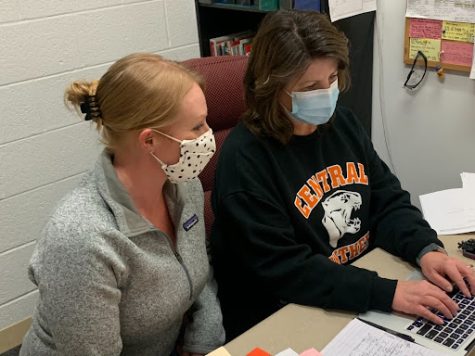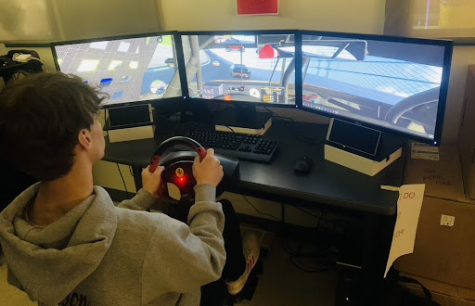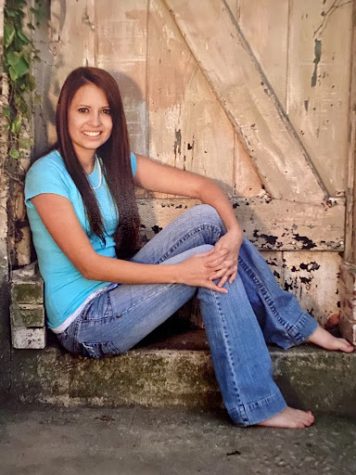BLM movement making history
October 5, 2020
Marching the streets peacefully and demanding justice are those of the Black Lives Matter movement, which started on July 13, 2013, and has influenced national protests since then. In the past few years, the BLM movement has been protesting for those who lost their lives in cases involving police brutality and racially motivated violence against black people.
March 13, 2020: In Louisville, Ky. officers Jonathan Mattingly, Brett Hankison, and Myles Cosgrove show up at Breonna Taylor’s home due to raised suspicion on a case involving Jamarcus Glover, an alleged drug dealer. Officers had a no-knock warrant and were allowed to enter Taylor’s home without her knowing. The unarmed 26-year-old Taylor is shot a total of eight times in her own home. Body camera footage is not released since the officers never had them on and active during duty. The death of Taylor spread nationally in the media quickly.
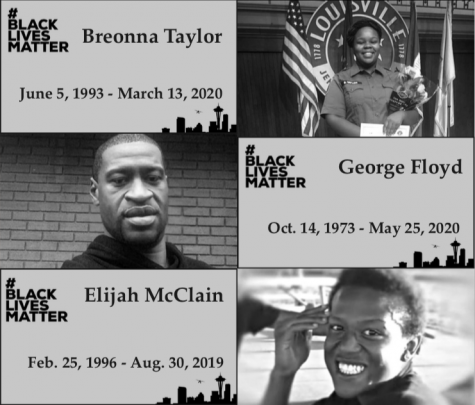
April 27: Attorney Sam Aguiar and Lonita Baker file a “wrongful death lawsuit” in Jefferson District against officers Cosgrove and Hankison and Sgt. Mattingly.
May 25: 46-year-old George Floyd is arrested outside a shop in Minneapolis, Minn. Officer Derek Chauvin kneeled on Floyd’s neck while he was pinned on the ground resulting in his tragic death.
May 26: Protests start in Minneapolis once the footage of Floyd’s death is released, revealing what officer Chauvin did during his arrest.
May 28: Other international protests start as well, causing a wave of anger and reaction around the world. The National Guard is asked to deploy by Jacob Frey, the Mayor of Minneapolis.
June 3: Minnesota Attorney General Keith Ellison charged officers, Tou Thao, J. Alexander Kueng and Thomas Lane, with assisting the murder of Floyd. Chauvin is charged with third-degree murder.
June 11: A petition demanding justice for Elijah McClain reaches over a million signatures. McClain had been walking home from a corner store in Aurora, Colo. when officers grabbed him and “compressed his neck and the blood flow to his brain with two consecutive carotid holds, cranking his left shoulder with an armbar hammerlock that caused it to repeatedly pop,” stated TMZ.
The EMTs that showed up had injected a large dose of ketamine into his system and he later died on Aug. 27, at a hospital of “undetermined causes,” according to the Adams County Coroner’s Office.
June 25: In Frankfort, Ky. hundreds of protesters gather and demand justice for Breonna Taylor. Many protesters were holding signs which read, “If she can’t sleep, y’all can’t sleep,” and “Am I next?” Protesters shouted while marching: “Breonna Taylor’s life matters” and “We do not consent.”
June 27: Thousands of protesters march on behalf of McClain in Aurora Municipal Center and onto Interstate 225, soon forcing the interstate to close. Meanwhile, a violin vigil took place, which made the evening a peaceful remembrance for McClain at the Aurora Municipal Center Great Lawn.
July 25: Another protest took place on I-225 and thousands gathered to march again for McClain. A big turn in the protest arose once two protesters were shot by each other. The protest got out of hand and a small group of protesters broke windows to the courthouses and started a fire in an office, APD headquarters said.
Aug. 11: McClain’s family filed a civil rights suit against the city of Aurora in hopes to gain justice.
Sep. 4: Marking the hundredth day of protests for Taylor’s death, a small group gathered at Indi’s restaurant on West Broadway. The protest quickly gained momentum and then violence began to break out. Police showed up in riot gear and proceeded to use tear gas. Seven people were shot. While the violence shocked people, they won’t stop fighting for what has to change in the world. “We all deserve to know the whole truth behind what happened to my daughter,” said Yakima Palmer, Taylor’s mom.
Protestors continue to march to this day on the streets around the world to fight for these cases mentioned and many more. As Mala Yousafzai, a well-known Pakistan activist once said: “If people were silent, nothing would change.”

